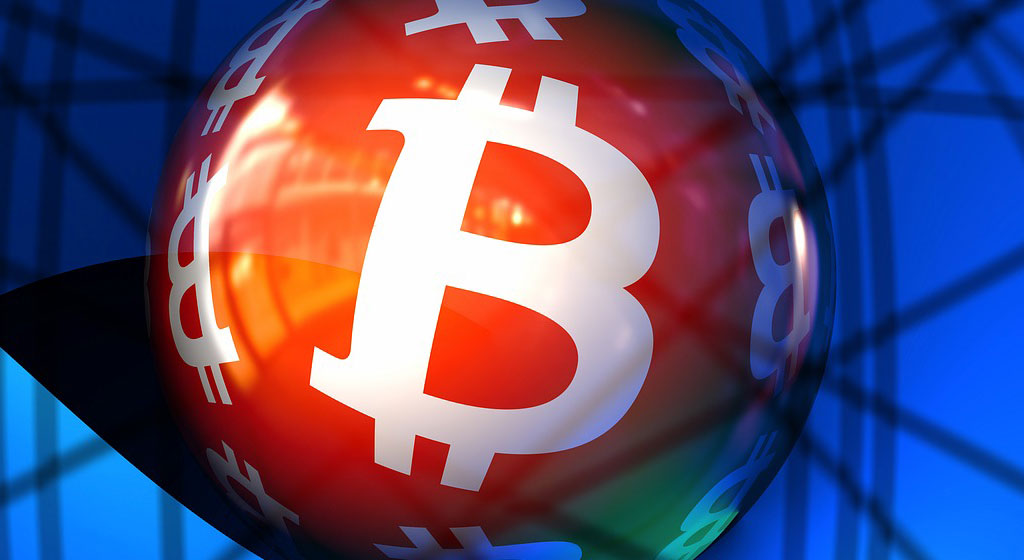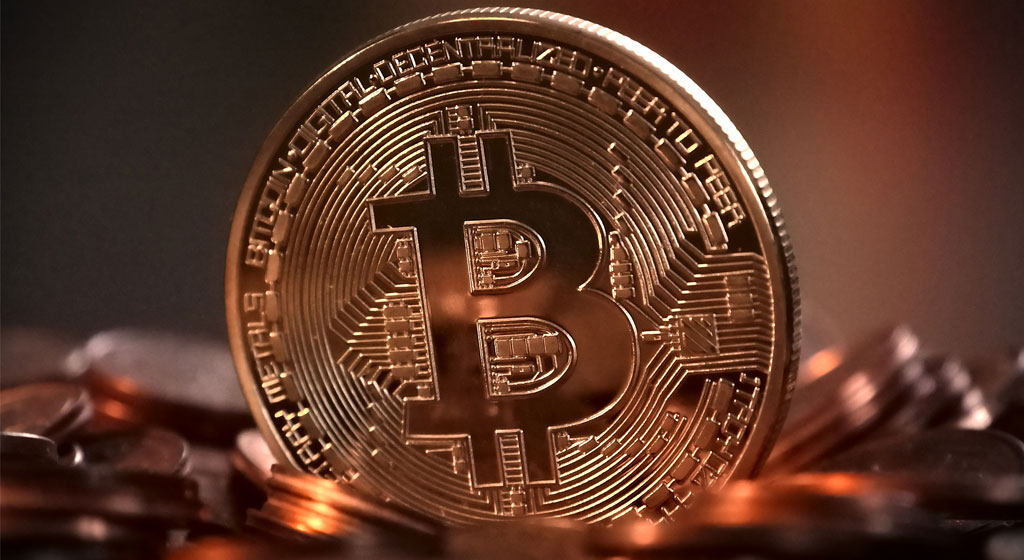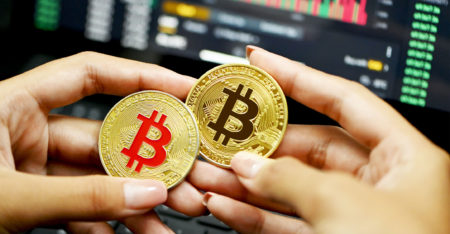
Ever since the dot-com and housing bubbles popped in 2000 and 2008, spotting bubbles has become an obsession. Investors have spotted bubbles in bonds, credit, equities, gold — you name it — over the last several years.
I wouldn’t use the B-word to describe any of those investments — yet. In fact, I wouldn’t even nominate any of them for Most Likely to Bubble Over. I would give that distinction to a certain cryptocurrency that is quickly making its name and fortune.
Bitcoin has all the attributes of a bubble in the making. First, it’s radically new. It’s a digital payment system that allows users anywhere in the world to transact directly without interference from intermediaries, governments, regulators or central banks — at least for now. Transactions are administered by a decentralised network of computers, much like the Internet.
In his book about the 17th-century tulip bubble in Holland, Tulipmania, British journalist Mike Dash points out: “It is impossible to comprehend the tulip mania without understanding just how different tulips were from every other flower known to horticulturists in the 17th century.” The same could be said about the Internet in the 1990s and about digital currency today.
Second, bitcoin is shrouded in secrecy. Buyers and sellers of bitcoin can trade anonymously, which makes the digital currency a favourite of criminals and hackers demanding ransom. Its origins are shrouded in mystery. Its creator goes by the name of Satoshi Nakamoto, but it’s unclear who that person is or if it’s even one person. That, too, is reminiscent of another bubble. At the height of England’s South Sea Bubble in 1720, one company floated shares “for carrying-on an undertaking of great advantage but no one to know what it is”. Of course, that didn’t stop investors from throwing money at the company.
Third, bitcoin has no value other than what a buyer is willing to pay for it, which makes it susceptible to the argument that underlies all bubbles. Namely, that any price is appropriate. But there’s already reason to worry that bitcoin’s price is excessive. An investment in bitcoin has returned a breathtaking 351% annually since its inception in July 2010 through to last Tuesday. To put that in perspective, an investment of US$100 in Bitcoin from the beginning would be worth close to $3m today. It’s not easy to justify that kind of return for any investment.

Bitcoin is similar to other currencies and commodities such as gold, oil, potatoes or even tulips in that its intrinsic value is difficult — if not impossible — to separate from its price. But there are governments standing behind currencies and reliable currency markets for exchange. And with commodities, investors have something to hold at the end of the transaction. Bitcoin feels more speculative because it’s just digital ephemera.
That isn’t true for all investments. Stockholders are entitled to a share of a company’s assets, earnings and dividends, the value of which can be estimated independent of the stock’s price. The same can be said about a bond’s payments of principal and interest.
This distinction between price and value is what allowed many observers to warn that Internet stocks were absurdly priced in the late 1990s, or that mortgage bonds weren’t as safe as investors assumed during the housing bubble. A similar warning about bitcoin isn’t possible.
During the dot-com craze, Warren Buffett was asked why he didn’t invest in technology. He famously answered that he didn’t understand tech stocks. But what he meant was that no one understood them, and he was right. Why else would anyone buy the Nasdaq 100 Index when its price-to-earnings ratio was more than 500 times — a laughably low earnings yield of 0,2 percent — which is where it traded at the height of the bubble in March 2000.
Thinking back on investors’ credulity during the last two bubbles, I can’t help but wonder if buyers of bitcoin understand what they’re invested in. They would be wise to ask themselves that same question. — (c) 2017 Bloomberg LP




